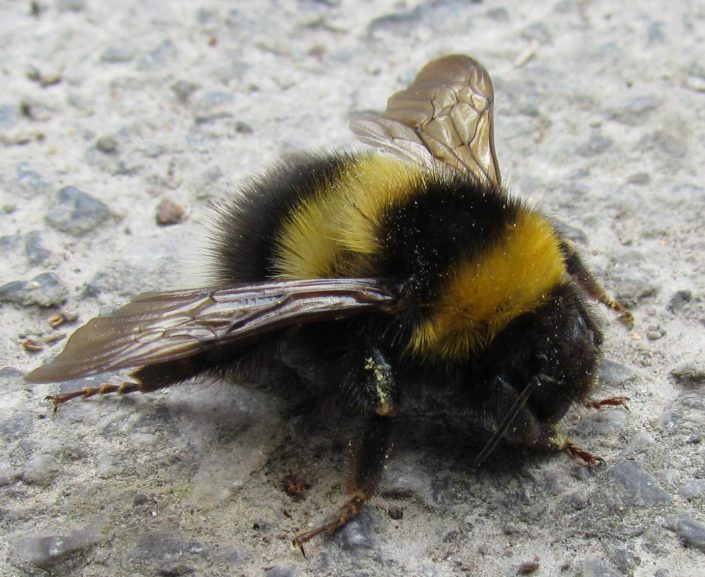Acupuncture stings

In most of medicine, and in Health Protection in particular, one occasionally comes across people who have made questionable decisions which have had severe consequences. When people decline routine vaccinations or fail to use a condom for specious reasons, it can be both depressing and frustrating to be picking up the pieces.
It’s easy to rationalise that health is not at the top of everyone’s personal agenda and that sources of misinformation are common and commonly believed. At these times, it feels like the most productive outcome is to channel the frustration into improving the information on offer and trying to reach the people who have missed it.
A friend once told me to think of ‘health’, a topic which most of my life is dedicated to, in terms of ‘transport’, a topic with which I’m intimately engaged as a ‘user’ but in which I’m completely non-expert:
I might get frustrated that people don’t take obvious preventative health measures, but when was the last time I checked my tyre pressure, an obvious ‘preventative measure’ in the ‘transport’ world? (I’ve done it once in the nine years I’ve owned my car.)
I might get annoyed that people don’t have any idea of the true cost of their healthcare, but what’s the true cost of the public transport I take to work each day? (I’ve no idea.)
I might think that’s it’s patently obvious that homeopathic remedies contain no active ingredients and are a total waste of money, but what’s the evidence of benefit for the ‘premium’ grades of petrol? (I often buy them, even though there’s probably no benefit.)
And then, just occasionally, I come across something that seems so appalling unappealing that I’m baffled that anyone, medical knowledge or not, could possibly want to engage with it, let alone risk harm by doing so:
One type of apitherapy is live bee acupuncture, which involves applying the stinging bee directly to the relevant sites according to the specific disease.
Live bee acupuncture. Wowzers trousers. This paper by Vazquez-Revuelta and Madrigal-Burgaleta in the Journal of Investigational Allergology and Clinical Immunology, from which the above quote is taken, reports a terribly sad case of a 55-year-old woman who died from live bee acupuncture.
The paper reports that she’d been attending four-weekly for two years for the procedure, with the aim of treating
muscular contractures and stress.
As one might expect,
the risks of undergoing apitherapy may exceed the presumed benefits, leading us to conclude that this practice is both unsafe and unadvisable.
There is little about this paper which isn’t at least mildly astonishing. But then I wonder… I don’t know what the transport equivalent of intentional bee stings might be, but perhaps I engage in that too.
The alarmingly cute picture of a bee at the top of this post was posted on Flickr by Ozzy Delaney. I’m reusing it here under its Creative Commons licence.
This post was filed under: Health, Posts delayed by 12 months, Acupuncture, Complementary medicine, Health, Insects, Medicine.